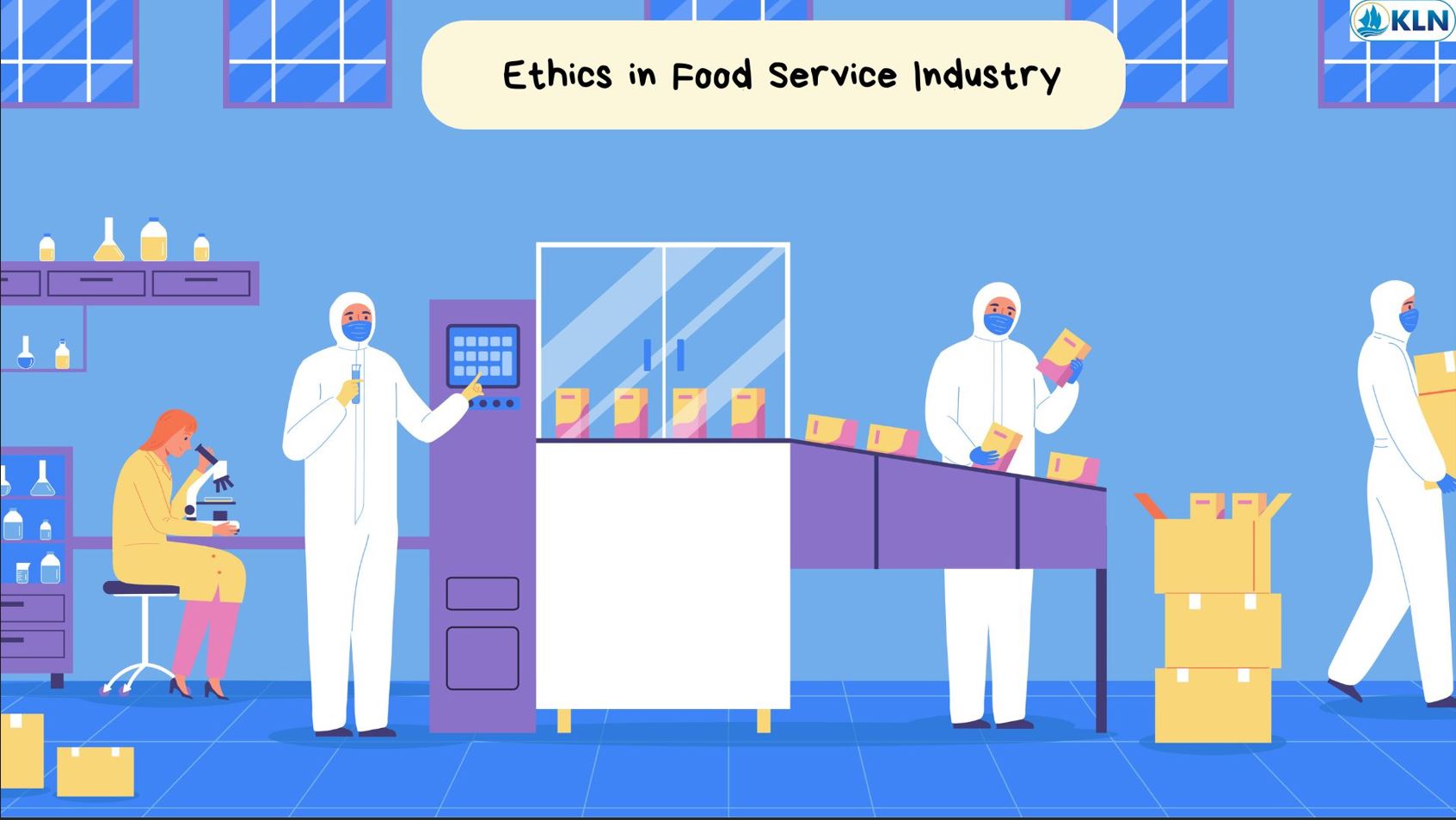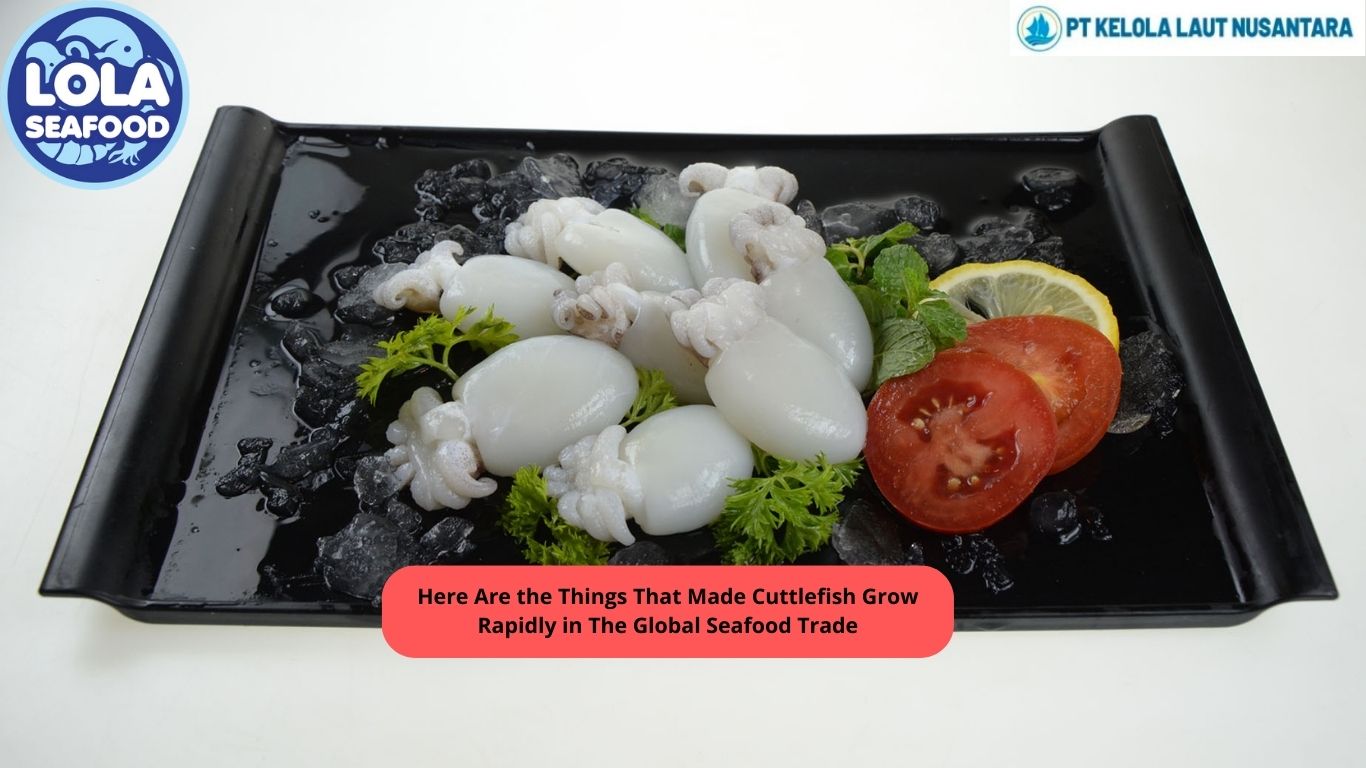Ethics in Food Service Industry
By. Najih - 27 Jun 2024
The food service industry plays a crucial role in our daily lives, providing convenient and accessible meals for individuals and communities in this fast-paced world. However, this industry also faces a constant challenge: balancing the pursuit of profit with ethical and moral considerations. While both ethics and morality are complex concepts, understanding their essence is fundamental to fostering a responsible and sustainable food industry.
Defining the Landscape:
- Ethics: Refers to the principles of conduct, especially those concerning right and wrong. It encompasses moral values, professional codes, and societal expectations that guide behaviour and decision-making.
- Morality: Refers to the standards of behaviour considered right or wrong within a particular society. It involves individual and collective values that shape perceptions of what is acceptable and unacceptable.
- Ethics and morality are intertwined concepts. Ethical principles often stem from moral values, forming the foundation for responsible decision-making. In the food service industry, ethical practices translate to actions that prioritize the well-being of consumers, the environment, and fair treatment of workers, aligning with the broader moral compass of society.
Here are four every day examples:
1. ANIMAL WELFARE
Some people are vegetarians; they have decided not to eat meat. If their decision was driven by the simple fact that they don’t like the taste of meat, it is not an ethical position. If they follow a vegetarian diet because they think that meat-eating involves unacceptable suffering for the animals which are reared for food, then their reasons are ethical reasons. They think that it is wrong to eat meat.
2. SAVING THE PLANET
Some people are committed to eating ‘organic’ food. They believe that industrialised farming methods, involving widespread use of chemical pesticides and artificial fertilisers, wipe out wildlife such as birds, insects and wild flowers, destroy the soil, and are unsustainable in the long run. This concern to protect the natural environment is an ethical commitment.
3. HEALTHY EATING
Many people are increasingly worried about the rising levels of obesity and other harmful effects which they attribute to the consumption of processed foods and additives. Theirs is an ethical concern, not just for their own health but for the health of people generally, especially that of the young. They may advocate stricter regulation or clearer labelling to tackle the problem.
4. FAIR TRADE
A high proportion of our food and drink is produced by farmers in other parts of the world whose standard of living is much lower than ours and who are struggling to survive and to lift themselves out of poverty. Many people think it unfair that such a small proportion of what we pay for our food finds its way back to the primary producers, and they support certification schemes which provide an assurance that farmers receive a fair price for what they produce. They have taken an ethical position.
.jpg)
 (1).png)


.jpg)
.jpg)
.jpg)

 (3).png)